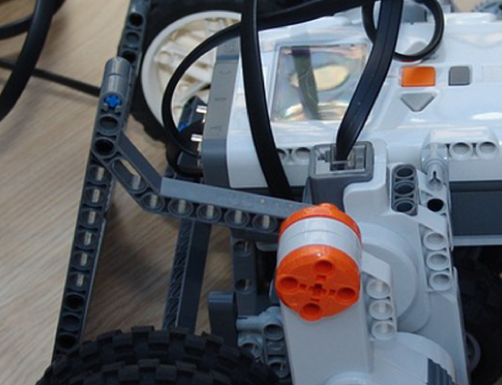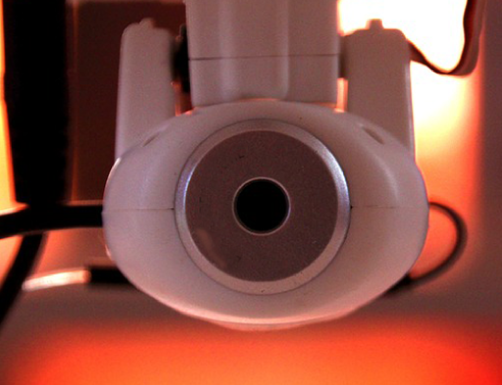There are many ways to categorize AI, one of them is weak AI and strong AI. The first is when a computer or system is designed and/or trained to solve a particular task while the second is an AI system with generalized human cognitive abilities so that when presented with an unfamiliar task, it has enough intelligence to find a solution.
While weak AI may outperform humans at whatever its specific task is, like playing chess or solving equations, strong AI would outperform humans at nearly every cognitive task. However, strong AI is at least decades away.


